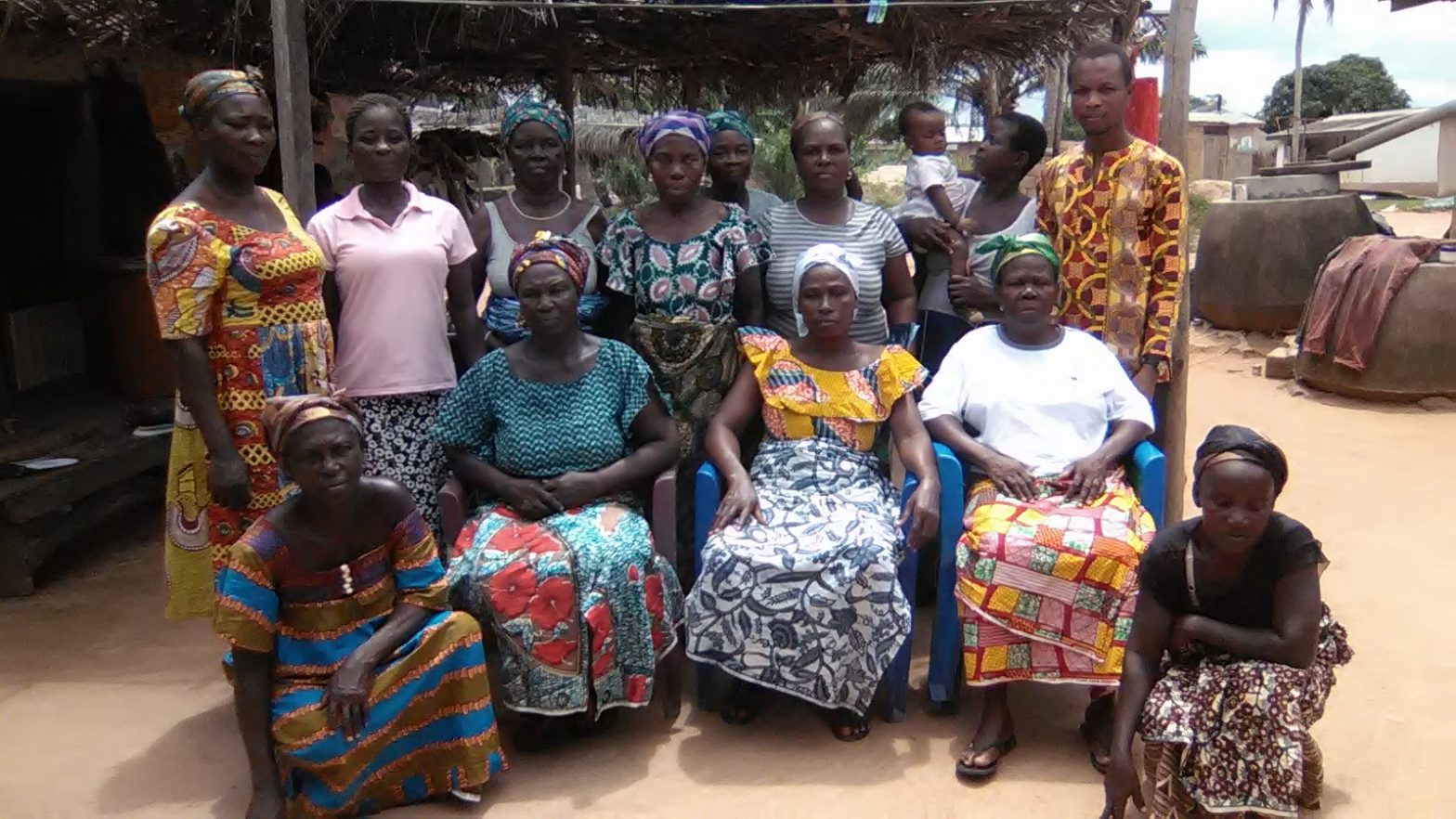What is decentralization? “The dispersion or distribution of functions and powers; specifically : the delegation of power from a central authority to regional and local authorities.”
How does it happen in West Africa? Who gets the money and why? Decentralization generally refers to the transfer of certain responsibilities away from the central level to the local level governance. The top-down approach inherited from the francophone era is slowly being replaced with the bottom-up community driven method. The process of decentralization varies greatly region by region. The strength and weaknesses of a country’s political, environmental, social, economical, and fiscal government determines the smoothness of this transition. “… effective decentralization, whether it is to administrative or political local actors, is about creating a realm of local autonomy defined by inclusive local processes and local authorities empowered with decisions and resources that are meaningful to local people.”
Decentralization and empowerment of local government, overcoming fiscal challenges, poverty, gender inequality and the difference in social values slows progress toward deconstruction and decentralization. There are 16 countries that form West Africa that were part of the original colonization under the Great Britain and France. They are Ghana, Ivory Coast, Liberia, Gambia, Guinea, Guinea-Bissau, Burkina Faso, Benin, the Island of Cape Verde, Mali, Mauritania, Niger, Nigeria, Senegal, Sierra Leone, and Togo.
West Africa’s local government will not easily receive the fund that it needs because like in many other developing countries,eradicating poverty and hunger is not the first priority. Usually, politics wins first, even if everyone knows the battle to stay alive starts with feeding the hungry.
The French speaking region of West Africa has gone through several attempts at decentralization–“after both World Wars, shortly after independence.” Currently, Guinea, Burkina-Faso and Togo are experiencing the growing pains of decentralization and overcoming its many challenges. “Deconcentration can be a tool to establish central power in outlying areas. In Francophone West Africa, Mbassi (1995:23-4) pointed out that due to the weakness of the state, governments recommended that decentralizations include deconcentration of services—in order to maintain a central presence in the local arena.”
Language, religion, and diversity of social values plays an important role both in unifying resources as well as creating strife and instability. The process of decentralization has not been easy nor complete. Perhaps lack of transparency is an important barrier as is the case in many other regions. But, so is the climate and possibility of the change in currency that will create more challenges, and hopefully positive ones for the region.
In addition, six of Western African countries (Gambia, Ghana, Guinea, Nigeria, Sierra Leone, and Liberia, and Cabo Verde) have formed the West African Monetary Zone (WAMZ) to create a new currency to compete with the French Franc. “Mr Kalilou Traore, ECOWAS Commissioner for Industry and Private Sector Promotion, has said that the commission is committed to implementing a single currency in West Africa by 2020.” Mr. Traore believes that the “… frameworks for formulating regional automotive, pharmaceutical and agriculture industry programmes are part of processes toward achieving success of the common currency.”
In that last two decades, Africa and most other developing countries have been moving toward a more local governance. However, funding the local government is the main challenge. Various forms of tax collection have shown that this collection is not a long-term solution, and nor the most reliable. There are many issues with the proper method of tax collection, especially with the property tax. “Three major problems are usually emphasized concerning property tax in developing countries—valuation, assessment, and collection (Proud’homme 1989). All three problems are compounded by the fact that land titles and cadastres are poorly developed in most of these societies. The idea that land is government or communally owned has only aggravated the problem.”
The collection of property tax is of the most important source of funding for the local government. “The development of this tax contributes to the program of poverty alleviation in three critical ways. First, it will make possible the diversion of more central government grants to the development of rural areas away from urban areas where the property tax will be primarily instituted (as is currently the case in South Africa). Second, the successful introduction of the tax will lead to greater progressivity of the tax systems in these countries, thus relieving the poor of the unfair heavy burden they bear presently of financing the development of their countries. Third, it will help transform much ‘dead’ capital—urban land—into ‘ living’ capital, to use Hernando de Soto’s (2002) terminology. These issues should constitute the cutting edge of an urban research agenda in West Africa in the coming years.”
The local committees govern many areas of education, trade regulation, health, people resources, land and property management, legal, policy and much more. The local jails for petty crimes are also part of this local authority. “As for the budget, local councils get their resources from a range of local taxes, fees for municipal services, dues for the exploitation of national patrimony, and, after independence, from state grants.”
There seems to be no long term permanent solution to the present road map to the West Africa decentralization process. The transfer of power from central to local level requires knowledge of availability of not just money, but also the manpower resources. Who and what sector of the local government can handle the transfer of responsibility? And, will there be a long term source of fund to accomplish its goals? The success of central transition to local governance will need both.
Read more at: http://www.vanguardngr.com/2015/12/ecowas-to-implement-common-currency-in-west-africa-official/
Read more at: http://www.vanguardngr.com/2015/12/ecowas-to-implement-common-currency-in-west-africa-official/
Read more at: http://www.unrisd.org/80256B3C005BCCF9/(httpAuxPages)/3345AC67E6875754C1256D12003E6C95/$file/ribot.pdf
Read more at: http://www.afdb.org/fileadmin/uploads/afdb/Documents/Policy-Documents/-Rev%203%20-%20Decentralization%20Roadmap-.pdf
Image courtesy of the African Development Programme. http://adpgh.org/3rd-quarter-grassroots-engagements-on-public-financial-management-processes-in-ga-west/


